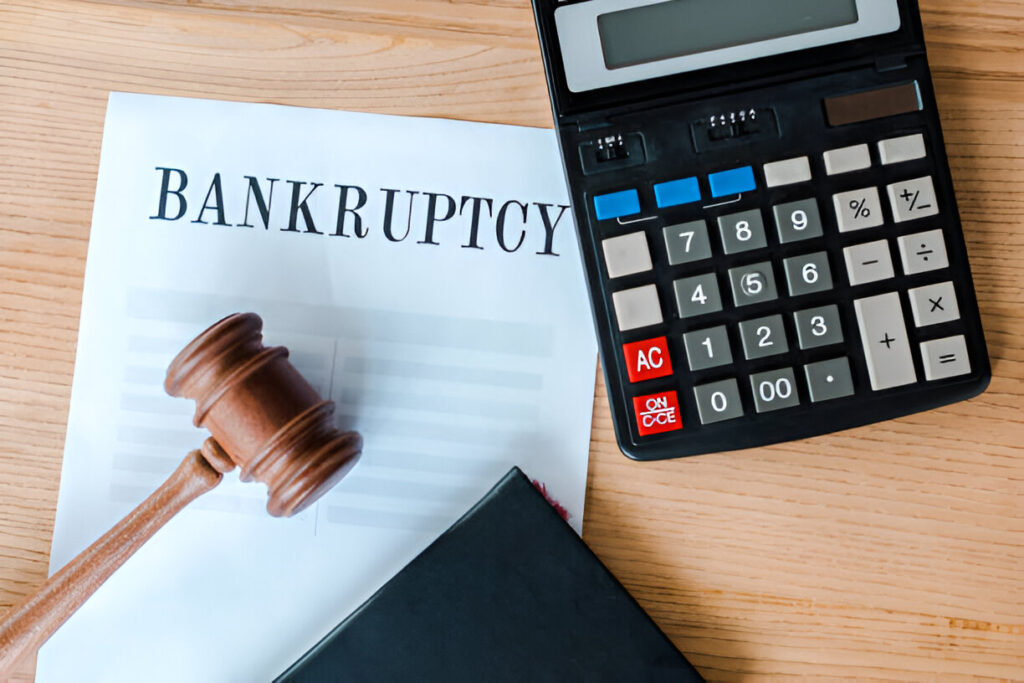Yes, pursuant to 11 U.S.C. § 727, the debtor’s discharge may be denied in a Chapter 7 case for the following reason: (1) the debtor failed to keep or produce adequate books or financial records; (2) the debtor failed to satisfactorily explain any loss of assets; (3) the debtor committed a bankruptcy crime such as perjury; (4) the debtor failed to obey a lawful order of the bankruptcy court; or (5) there was a fraudulently transferred, concealed, or destroyed property that would have become property of the estate.
Can anyone object to my bankruptcy discharge?
Yes, there can be an objection to your bankruptcy discharge but typically this does not occur. Objections need to be for a valid reason, such as the loan or debt was incurred due to fraud or perhaps charges were made within 90 days of the filing. There can be an objection to an individual debt being discharged in bankruptcy or an objection to the entire case being discharged in bankruptcy.
What are the top reasons a bankruptcy case can be denied and dismissed?
- You did not tell the truth.
- You do not complete the required credit counseling courses.
- You did not pay the bankruptcy courts filing fee.
- You failed to attend the meeting of creditors.
- You did not provide all the requested information to the trustee.
- You failed to make your payments in your Chapter 13.
- You did not file your taxes and turn over your tax refund if required.
Filing a false or misleading document could result in your bankruptcy being dismissed without you receiving a discharge, or worse, you could be charged with bankruptcy fraud and perjury if your conduct was found to be intentional, willful, or malicious. Your attorney will ensure safe passage through all the requirements of The Federal Bankruptcy Code and you will discharge your outstanding debt.

